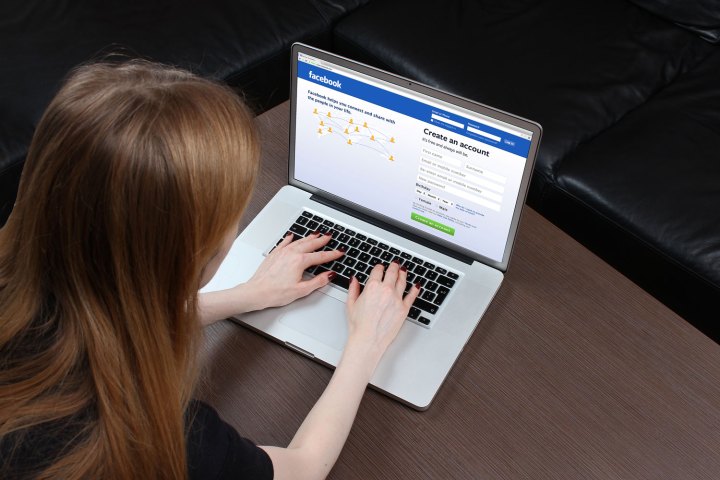
According to the study of 1,193 Facebook users by Izak Benbasat, a professor at the Sauder School of Business at the University of British Columbia, in collaboration with researchers at the Technische Universität Darmstadt in Germany and Universität Bern in Switzerland, envy is the culprit behind many Facebook posts, contributing to a “decrease in mental well-being among users,” and linking unhappiness with the platform. Users who feel their lives aren’t as interesting after seeing pictures and posts of their friends and family members, inadvertently launch a cycle of jealousy and self-importance. As a reaction, it results in “creating posts that portray their best selves.”
The “vicious cycle” of virtual one-upping each other most commonly begins in a place you might expect: travel photos and the desire to one’s self in the best pictures possible. While not intended to make friends and family jealous, they do portray a picture-perfect lifestyle that isn’t always realistic, yet causes others to set those same expectations for themselves, their families, and their lives.
While much of the focus of social media use typically includes its positives, besides being responsible for envy, depression, and narcissism, there are greater risks, especially for younger users. As June Eric Udorie of The Guardian notes, the unattainable standards and social pressure of looking and being “perfect” on social media platforms such as Facebook, Snapchat, and Instagram, are becoming increasingly harmful to teenagers’ mental health.
However, as Benbasat mentions, there’s really no way to get around the negatives, especially since sharing pictures and life stores is the primary purpose of Facebook. “But I think it’s important for people to know what impact it can have on their well-being,” Benbasat says. “Parents and teachers should take note as young people can be particularly vulnerable to the dark side of social media.”
Editors' Recommendations
- What does a check mark mean on Facebook Messenger?
- What is a Facebook Pixel? Meta’s tracking tool, explained
- Facebook’s new controls offer more customization of your Feed
- You can now use the Add Yours sticker on Reels for Facebook and Instagram
- Facebook is courting creators with a new Music Revenue Sharing

